Donovan McNutt, Founder & President of GeekDesk, on his company’s story:
The beginning
This business started when I was a 17-year-old kid — I went innertubing in the snow with a friend of mine, the snow was icy, we got off course and ended up flying across a ravine in an accident bad enough that it broke her pelvis and darn near broke my back. I ended up with a rib broken loose from my sternum, and the vertebrae connected to that rib pretty much knocked silly. It didn’t affect me that much until I was older, but by the time I was in my 30s, back pain was a fairly recurring problem for me. That was what drove me to look for a better way to work as a programmer.
When I first started looking for better ways of working (in terms of sitting/standing), I kept coming across these fixed diagram pictures showing “the proper way to sit at a computer” — usually spouted by supposed ergonomic experts. You know the type I’m talking about — feet flat on the floor, elbows at perfect right angles, etc. For me, my body was saying something much simpler: “MOVE!” It was telling me to change position once in a while. I pretty much had to ignore the experts at the time to trust that intuition.
GeekDesk started with around $20,000 and some well-leveraged relationships. I already had a reasonably steady stream of income from a small consulting business, and long ago learned how to live pretty modestly. So we didn’t need to make a whole lot of money right out of the gate. We don’t share revenues or employee count figures, but we qualified for this profile (profitable and over $1M in revenues) last year with significant room to spare. And so far this year, sales are averaging between two and three times what they were last year.
I love who we sell our products to. Every week, it seems like somebody I’ve heard of buys a desk or we get some great feedback from someone whose life was changed by just being able to stand up once in a while. I can’t really name names but some of my personal programming superheroes have purchased desks from us. It’s all I can do to not reach out and say “Hey, thanks! We think you are really cool!” It’s fun to be able to produce something that people you greatly admire find useful.
How we work
We don’t have a conventional “office” of any kind. Our work environment is what I’d describe as flexible, down-to-earth, and human. I’ve been self-employed most of my adult life (I’m in my mid-40s now) and never cared much for the typical corporate environment. Our culture reflects that. I’d like to think Scott Adams wouldn’t find very much fodder for his Dilbert cartoon strip here.
In general, we try to give our team a lot of room to move and encourage people to think for themselves, focusing on the overarching values and vision more than policy and procedure. I’m not much of a taskmaster — in fact, I actually hate telling people what to do all day — so I have found that it helps if I surround myself with people who “get it,” are generally proactive, and can think for themselves. They can take my occasional “sidelines coaching” input and run with it in such a way that, given their specific gifts and talents, they completely blow out of the water anything I would ever be able to do by myself.
I like to keep the organization as “flat” as possible. Wherever possible, I like to see people working side-by-side rather than over/under. Sometimes this frustrates people, because they want positional authority; It’s more “efficient.” I prefer relational authority. It’s more effective.
Continued…
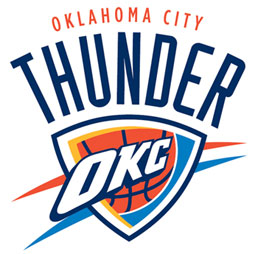 The logo was unveiled and we realized the opportunity to convey excellence was blown. The stereotyped image of Oklahoma might remain a little longer.
The logo was unveiled and we realized the opportunity to convey excellence was blown. The stereotyped image of Oklahoma might remain a little longer.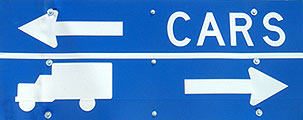



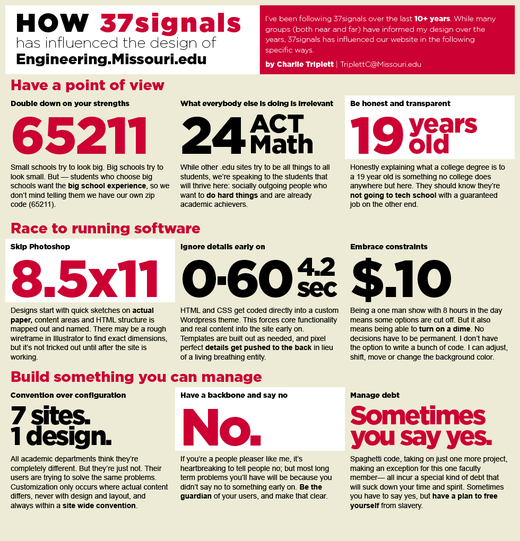
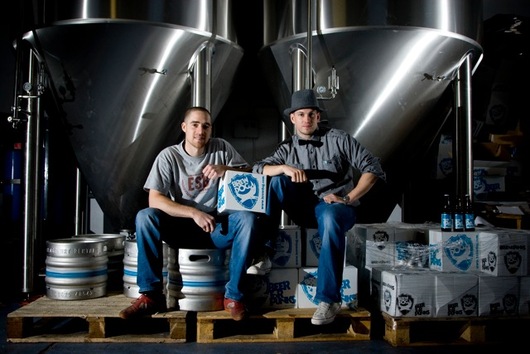
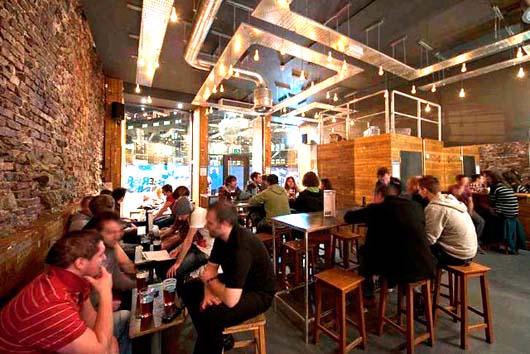

 SideStep’s acquisition of TripUp was bittersweet. On the one hand, we realized a successful exit in a market that was becoming increasingly saturated with travel social networks. Sidestep also had exciting plans for integrating and expanding our community features, which our users would have loved. On the other hand, Kayak subsequently acquired Sidestep and phased out TripUp, which was sad.
SideStep’s acquisition of TripUp was bittersweet. On the one hand, we realized a successful exit in a market that was becoming increasingly saturated with travel social networks. Sidestep also had exciting plans for integrating and expanding our community features, which our users would have loved. On the other hand, Kayak subsequently acquired Sidestep and phased out TripUp, which was sad.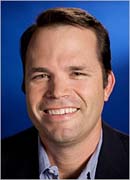 When you get acquired, you have a sense that there is some grand plan of exactly what you are expected to do at the new company and that everybody knows what this is. In reality, it was a lot more chaotic than that. There was nobody telling us what we had to do. We were empowered to figure out the best course for GrandCentral (aka Google Voice) within the company and we got a lot of support at every turn.
When you get acquired, you have a sense that there is some grand plan of exactly what you are expected to do at the new company and that everybody knows what this is. In reality, it was a lot more chaotic than that. There was nobody telling us what we had to do. We were empowered to figure out the best course for GrandCentral (aka Google Voice) within the company and we got a lot of support at every turn.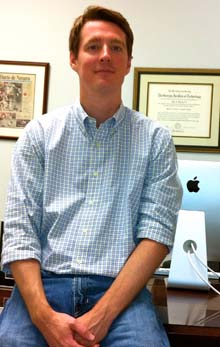 “You may not have heard of us, but chances are you run into people on a daily basis that have,” says
“You may not have heard of us, but chances are you run into people on a daily basis that have,” says 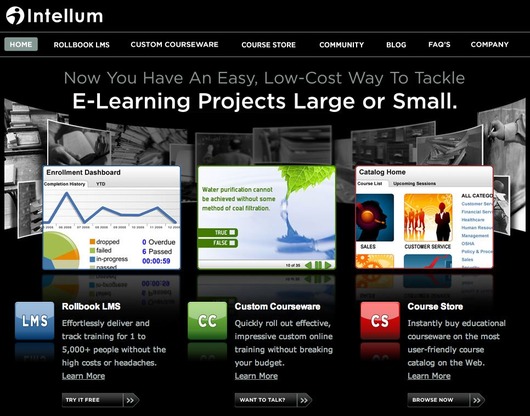
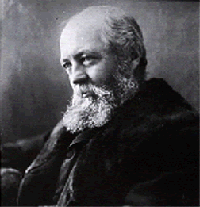
 This meant taking advantage of unique characteristics of a site while also acknowledging disadvantages. For example, he was willing to abandon the rainfall-requiring scenery he loved most for landscapes more appropriate to climates he worked in. That meant a separate landscape style for the South while in the dryer, western parts of the country he used a water-conserving style (
This meant taking advantage of unique characteristics of a site while also acknowledging disadvantages. For example, he was willing to abandon the rainfall-requiring scenery he loved most for landscapes more appropriate to climates he worked in. That meant a separate landscape style for the South while in the dryer, western parts of the country he used a water-conserving style (